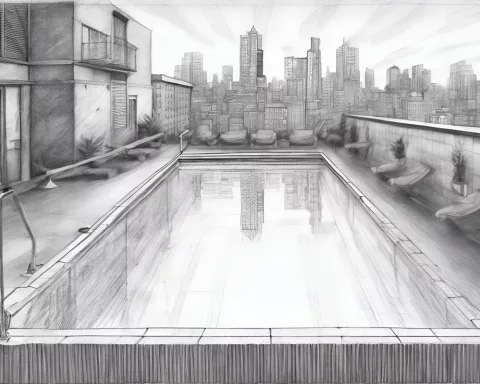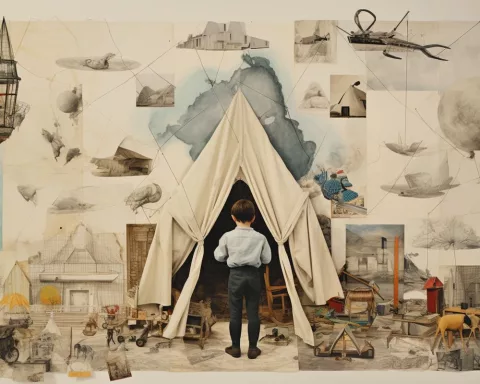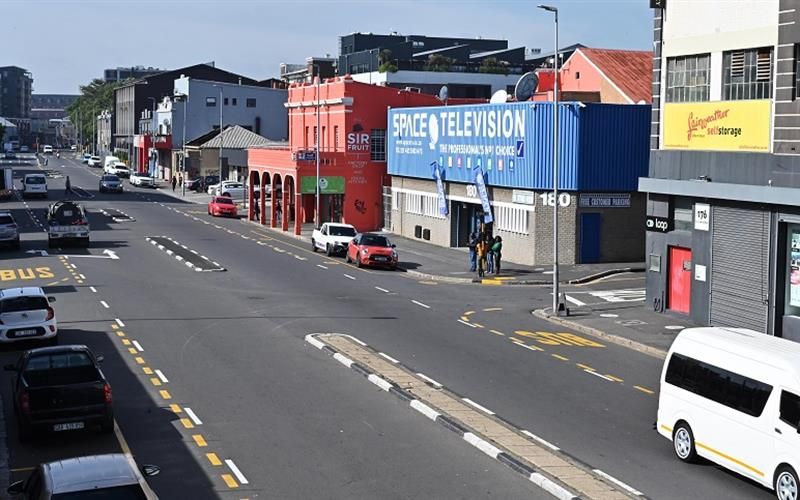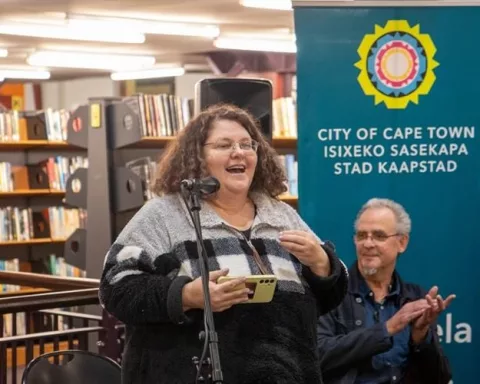Contemporary art often finds inspiration in the human condition, and South African artist Natasja de Wet is no exception. Through her art, which includes painting, mixed-media drawing, three-dimensional assemblage, and installation, de Wet explores the complexities of human existence.
Oil Paintings
De Wet’s oil paintings are among her most acclaimed forms of artistic expression. She utilizes thick, rich brushstrokes on acrylic sheets to create informal portraits, where images and faces emerge from seemingly chaotic darkness. The layered acrylic sheets add depth to her art, concealing and revealing visual information, amplifying the energy and vulnerability conveyed through her subjects.
Drawings and Mixed-Media Works
De Wet’s drawings and mixed-media works are equally captivating, often connected to her three-dimensional assemblages crafted from found objects. She seems to “excavate meaning” from objects collected intuitively and seemingly at random. This approach once led her to collect detritus from a local mental institution, where she had rented studio space. Items like a rusty bed base with exposed springs, old keys with stamped and coded metal tags, and a burnt-out gas heater became powerful metaphors for marginalized sections of society that evoke fear, anxiety, and unease among the so-called “normal” populace.
Transformation of Objects
De Wet transformed these objects into portraits of the spiritual presence of unknown, afflicted individuals, drawn on extra-large canvases with a mixture of inks and charcoal in a spontaneous style. Ultimately, all of her work can be viewed as a form of portraiture. Like a skillful portrait painter offering an almost voyeuristic glimpse into a person’s nature, de Wet instinctively strives to reveal facets of inner character and the softer, more vulnerable side of humanity.
Academic Pursuits
Born in 1968, de Wet embarked on a creative journey that encompassed studies in fine art, graphic design, Psychophonetics, drawing, and painting. Her academic pursuits culminated in 2017 with a Postgraduate Diploma in Fine Art at the Michaelis School of Fine Art (University of Cape Town), graduating with distinction. In 2020, she completed a semester course in Academic Language and Literacy in English at UNISA.
Artistic Journey
De Wet’s artistic journey includes numerous solo exhibitions and group exhibitions, both in South Africa and abroad. Notable moments encompass her participation in the Florence Biennale (Italy, 2009), the Izmir Biennale (Turkey, 2011), and Afrovibes at Galerie Chiellerie (The Netherlands, 2008). Her artwork is now part of prestigious collections such as Sasol Gas, the city of Seinäjoki, Finland, and the National Museum of South Africa.
Current Work
Currently, de Wet is immersed in commissioned work for the Art Bank of South Africa. She delves into the tangible translation and therapeutic engagement with the psychological repercussions of abuse and unequal patriarchal personal relationships, illuminating issues like fear, shame, and vulnerability stemming from gender inequality within the family household.
Natasja de Wet’s art continues to captivate and engage viewers, prompting us to ponder the intricacies of our own existence. Her exploration of the human experience through different mediums allows her to visually contemplate internal experiences such as growth, insecurity, sexuality, flux, and the diverse expressions of the human psyche.












